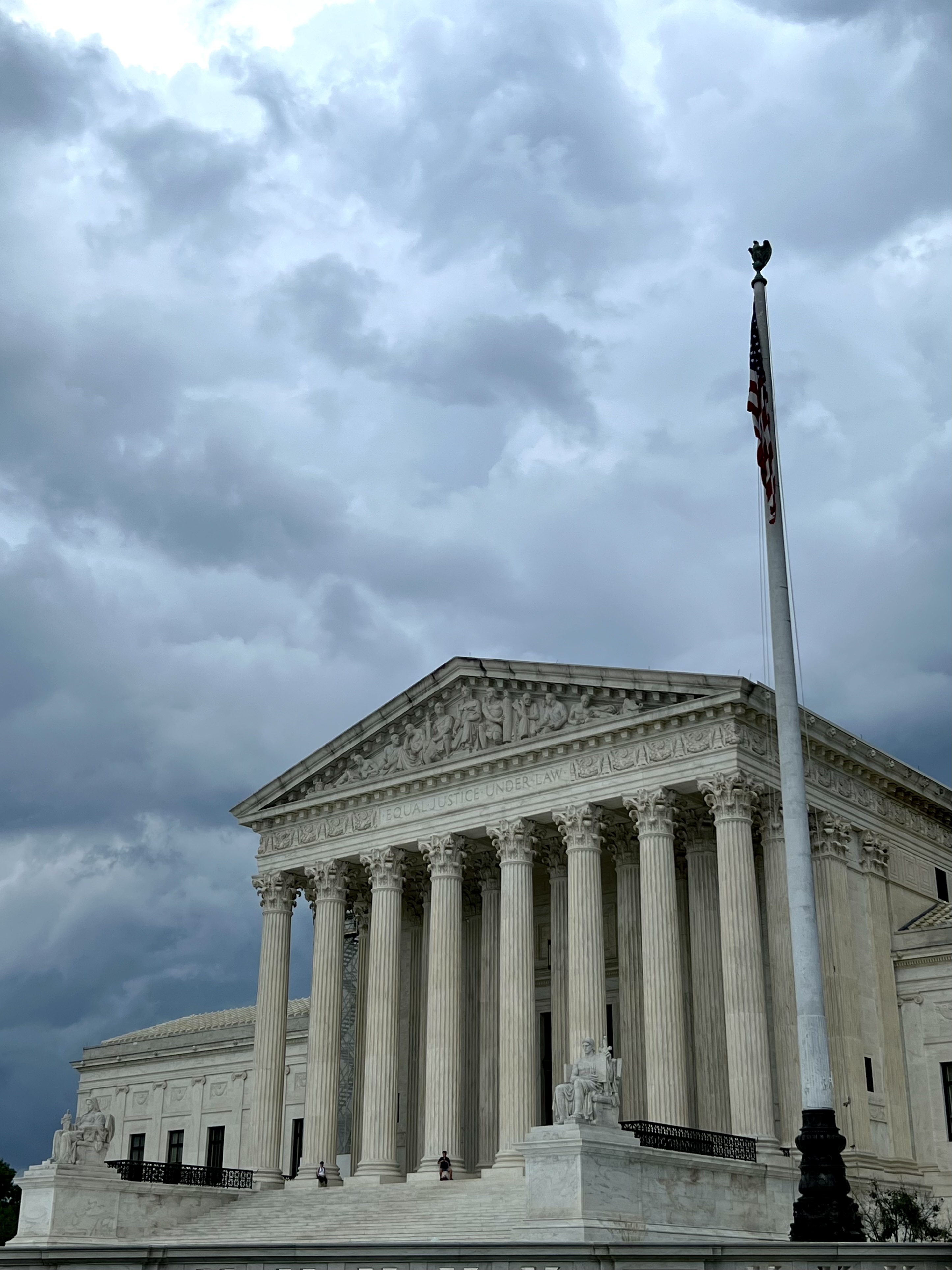The U.S. Circuit Court of Appeals found that Facebook’s securities and risk disclosures were misleading because the platform “represented the risk of improper access or disclosure of Facebook user data as purely hypothetical when the risk had already transpired.”
The U.S. Supreme Court will allow a multibillion-dollar lawsuit against Meta to proceed.
According to The Associated Press, the shareholder-led lawsuit was filed in the wake of the Cambridge Analytica scandal. Earlier this year, the Supreme Court heard Meta’s request to have the complaint dismissed. But, on Friday, the justices determined that they had erred in even agreeing to hear the case.
The Supreme Court did not offer an opinion on the case or its merits. Instead, the justices ordered the lawsuit returned to an appellate court, which had already ruled against Meta’s request for dismissal.

Andy Stone, a spokesperson for Meta, said that the company is disappointed with the court’s decision.
“The plaintiff’s claims are baseless and we will continue to defend ourselves as this case is considered by the District Court,” Stone said in a statement emailed to The Associated Press.
FOX Business notes that the shareholder plaintiffs allege that Meta violated the federal Securities Exchange Act. They also say that the company unlawfully withheld from investors information relating to a 2015 data breach tied to political consulting firm Cambridge Analytica.
Several years later, in 2018, Facebook stock plummeted after media reports indicated that Cambridge Analytica had “improperly” harvested social media data used in Doanld Trump’s successful 2016 bid for president.
In their initial filing, the plaintiffs included a 2016 security filing admitting that the improper third-party use of Facebook data could damage Meta’s finances. However, the security filing posited the harm as largely hypothetical.
“No reasonable investor would interpret a risk disclosure using probabilistic, forward-looking language as impliedly representing that the specified triggering event had never occurred in the past, particularly in light of the regulatory context,” attorneys for Facebook wrote in an early filing. “Meta’s warnings that business could result in the event of data misuse did not imply that Meta had never previously experienced such misuse.”
But the U.S. Circuit Court of Appeals for the 9th Circuit disagreed with Meta’s logic, saying that Facebook’s risks disclosures were misleading because the platform “represented the risk of improper access or disclosure of Facebook user data as purely hypothetical when the risk had already transpired.”
“We are disappointed in the Supreme Court’s decision not to clarify this part of the law,” a Meta spokesperson said.
Meta, notes The Associated Press, has already paid steep penalties for its role in the Cambridge Analytica scandal, including the payment of a $5.1 billion fine and an estimated $725 million privacy settlement.
Sources
Supreme Court allows multibillion-dollar class action to proceed against Meta
Supreme Court dismisses appeal from Facebook owner Meta over securities fraud lawsuit


Join the conversation!